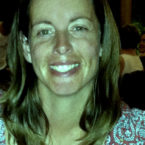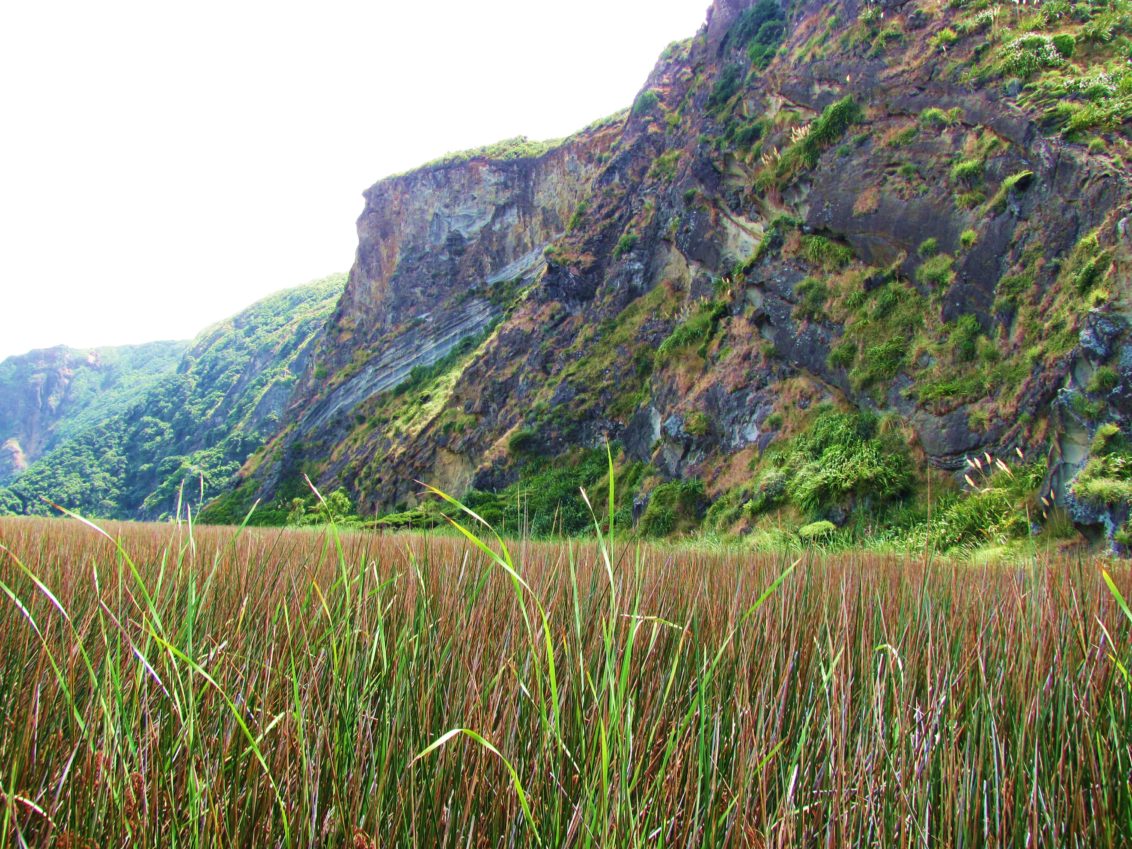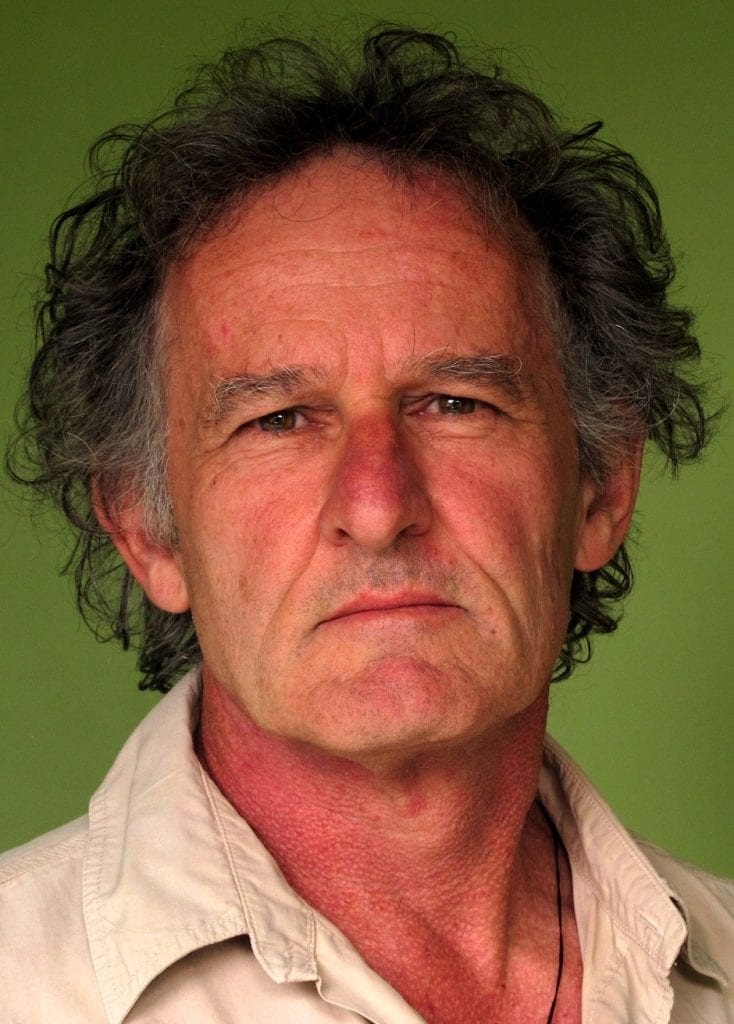As a self-taught writer and editor-at-large at NZ Geographic, Kennedy Warne connects readers to the natural world.
“There is nothing more precious than bridging the gap between the reader and the relatively unknown,” says Kennedy Warne, a world-renowned natural history writer, and co-founder of the NZ Geographic magazine.
Pick up any copy of NZ Geographic and you will find his inspiring words. The 56-year-old writer “speaks for nature and those who have no voice”.
Kennedy co-founded NZ Geographic magazine in 1989. Now, as editor-at-large, he still plays a significant role in the magazine.
Additionally, he writes for National Geographic, has written many books and holds a regular slot on Radio NZ National’s nine till noon programme. Radio NZ describes Kennedy as an outdoorsman, adventurer, travel journalist and photographer.
EMMA RICHARDSON interviewed Kennedy about his writing.
Q: How did you become a writer?
A: When I was young I loved language and writing. As I grew older, I still loved languages but dropped them in favour of science. But, even then I chose the most word-related science, biology. I went on to complete a master’s degree in marine biology. Later, I dropped science and worked for a friend’s newspaper learning about media operations. Then, I took a big jump and co-founded and became editor at the NZ Geographic. I am a self-taught writer; I learnt how to write just by reading. I have spent a lot of time reading the great writers and questioning why they write the way they do.
Q: What writing are you most proud of?
A: My greatest achievement will always be my next story. As a writer, I always hope that I write so perfectly that I move people. I write to connect people with my experiences. As editor at NZ Geographic, I was most proud of the 5th issue in 1990 on Māori, which brought readers to a largely invisible world at the time. I believe there is nothing more precious than bridging the gap between the reader and the relatively unknown.
Q: Does writing come easily to you?
A: Writing never comes easily to me. I believe what is important in writing, is the inner sense of the momentum to write. I call this the drumbeat of inner being; without this I cannot write. After all I am not a reporter. I write with emotion and intimacy on my experiences.
Q: What general advice would you give aspiring writers?
A: The best advice I can give to a writer starting out is to read. I believe that reading and writing is equivalent to breathing in and out. If I am writing a story that is hard-going, I read something usually on the genre that I am writing on, for inspiration. For example, when I was writing my book on mangroves, I read John Steinbeck; it gave my subject much more meaning.
Q: What tips would you give a writer about getting published?
A: The best advice I can give on publishing is to be true to yourself. It sounds like a cliché but if you have good intentions and seek with sincerity, an opportunity will arise for you.
For myself, there is something deeply important about why I want to write. It is important to explore this [for each of us] and not jump at the first option that arises.
Q: What do you consider to be the most important writing tip you ever received?
A: The best writing tip I received was when I had a book idea on mangroves. I sent a proposal to a friend’s literary agent. The agent came back to me stating, ‘the proposal lacked the drumbeat of narrative.’ This advice was critical to me and I learnt that instead of just writing information on mangroves, I should tell the story of mangroves.
More about Kennedy Warne
His website: www.kennedywarne.com
Read his blog: http://www.nzgeographic.co.nz/atlarge
Read his articles: http://www.nzgeographic.co.nz/archives/issue-131
About the Author:















